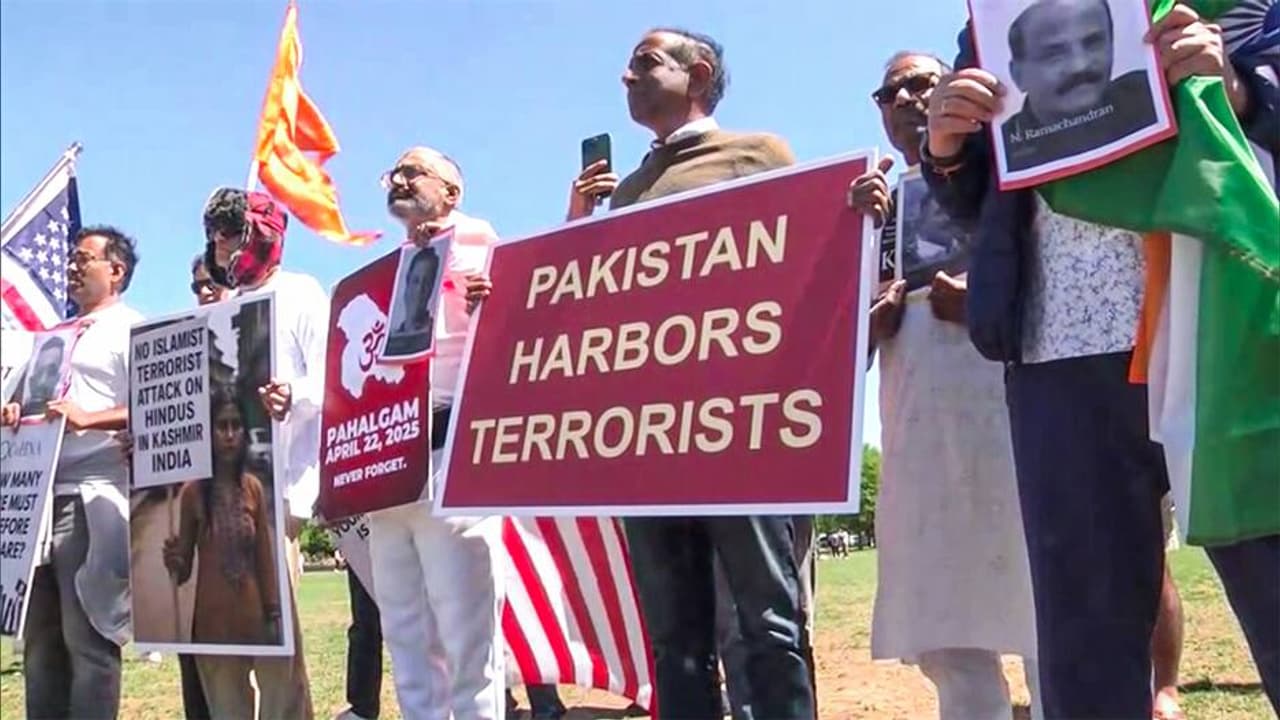The Union government has revamped the National Security Advisory Board after the Pahalgam attack, appointing ex-RAW chief Alok Joshi as head.
In the wake of the deadly terrorist attack in Pahalgam that claimed 26 lives, including one Nepalese national, the Union government has revamped the National Security Advisory Board (NSAB), appointing former Research and Analysis Wing (RAW) chief Alok Joshi as its new head.

The reconstituted board comprises seven members with extensive experience in national security, defence, diplomacy, and internal security. The appointments come amidst heightened tensions and a series of high-level security meetings convened by Prime Minister Narendra Modi following the Pahalgam incident.
Who are the new NSAB members?
- Alok Joshi (Chairman) – A former chief of RAW, India’s external intelligence agency, Joshi brings decades of expertise in intelligence and counter-terrorism to the advisory body.
- Air Marshal P.M. Sinha (Retd) – Former Western Air Commander of the Indian Air Force, known for his strategic insights into aerial defence and combat operations.
- Lieutenant General A.K. Singh (Retd) – Former Southern Army Commander, Lt Gen Singh has held key operational posts and brings ground-level defence expertise.
- Rear Admiral Monty Khanna (Retd) – A senior retired Navy officer, Rear Admiral Khanna adds a maritime security dimension to the board’s capabilities.
- Rajiv Ranjan Verma (Retd IPS) – Formerly with the Indian Police Service, Verma has handled internal security and policing matters during his service.
- Manmohan Singh (Retd IPS) – Another retired IPS officer, Singh complements the board with additional experience in law enforcement and counter-insurgency.
- B Venkatesh Varma (Retd IFS) – A former diplomat and Indian Foreign Service officer, Varma is known for his deep knowledge of international relations and strategic affairs.
The NSAB functions under the National Security Council Secretariat (NSCS) and advises the government on strategic and security issues, both domestic and international.
The reshuffle follows a high-level meeting of the Cabinet Committee on Security (CCS), chaired by Prime Minister Narendra Modi, which was convened soon after the Pahalgam attack. Intelligence inputs indicating cross-border linkages were shared with the committee, highlighting Pakistan’s continued support to terror groups operating in the region.
As a part of its immediate response, the government also announced the suspension of the Indus Water Treaty as a strong diplomatic signal to Islamabad.
Sources said PM Modi expressed complete faith in the capabilities of the Indian Armed Forces and assured them of full operational freedom to decide the timing, nature, and targets of India’s response.
A cabinet briefing on the situation is scheduled for 3:00 PM today.


